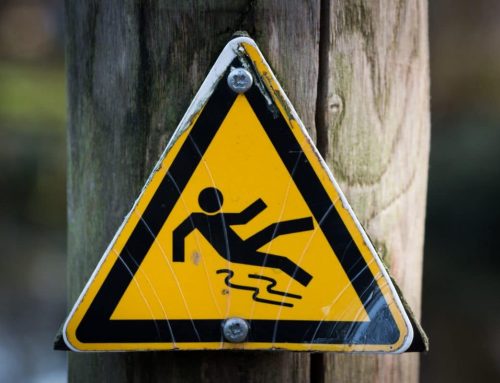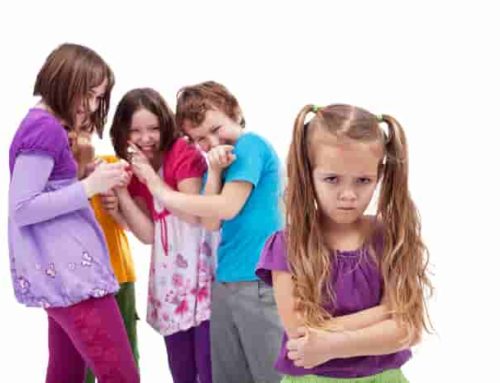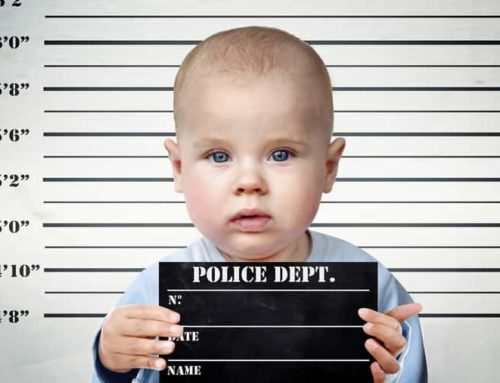WHY THERE ARE LAWS THAT PROTECT CHILDREN
We don’t leave babies alone in the house because they are not able to take care of themselves at all. As children grow and mature, they begin to display greater levels of ability and can be rewarded with greater independence. Laws take this into account and have different protections and expectations for children of different ages. A child injury lawyer is aware of these laws and how to apply them.
EXAMPLES OF CHILD PROTECTIVE LAWS
CAR SEATS
A statute is a law that is passed by a legislature. It’s written down and needs to be followed precisely. An example of a law that protects children is New York State’s Child Restraint Law, it is found in [Section 1229-c(1), NYS Vehicle & Traffic Law and states:
- All children must be restrained in an appropriate child restraint system while riding in a motor vehicle, until they reach their 8th birthday.
- An appropriate child restraint system is one that fits the child according to the manufacturer’s specifications for height and weight.
- The safety belt in your vehicle is not designed for children. A booster seat raises your child up so that the safety belt fits your child correctly and provides better protection.
The law has been amended and
Effective November 1, 2019 – Children under 2 must be in a rear-facing child seat.
All children under the age of 2 must use a rear-facing car seat until they are two years old or reach the highest weight or height limit allowed by the manufacturer of the car seat. For babies that outgrow their infant-only car seat, a convertible or 3-in-1 car seat should be used in the rear-facing position until they outgrow the maximum height and weight for the rear-facing position.
BULLYING
In 2010 Federal and New York law was strengthened with the goal of “zero tolerance” for bullying in schools. For more information, please see my articles, Children Bullied at School – There IS Something You Can Do About It and The Psychological Impact of Bullying.
CHILD PROTECTIVE SERVICES
Every state has laws that protect children from abuse and neglect from parents. Social workers investigate these claims and take action to correct the situation, or to remove the children from the home.
FAMILY LAW
In child custody and parenting time disputes, children are giving increasing “say” as they get older and more mature. In New York, there is no specific age when a child has the “right” to decide which parent they would prefer to live with (in the case of divorce) or whether or not they would like to see a parent at all. There is an assessment of the maturity of the child. Usually, a child has “some say” at age 12, and this increases the closer the child gets to age 18. The reasoning of the child must also be sound. For example, a child cannot prefer a parent because “he gets him candy” or other trite reasons.
TRAFFIC ACCIDENTS
There are some laws on the books such as special speed limits and rules near “school zones,” but there is also a “common law” tradition that requires drivers to not expect maturity from a child crossing a street or riding a bike.
PREMISES LIABILITY
Property owners and operators must keep their property safe for children and not create an “attractive nuisance.”
There are many more examples of laws that protect children, and a child injury lawyer will be on top of all of them. If you have any questions, please feel free to call or fill out the form at the bottom of this page.






